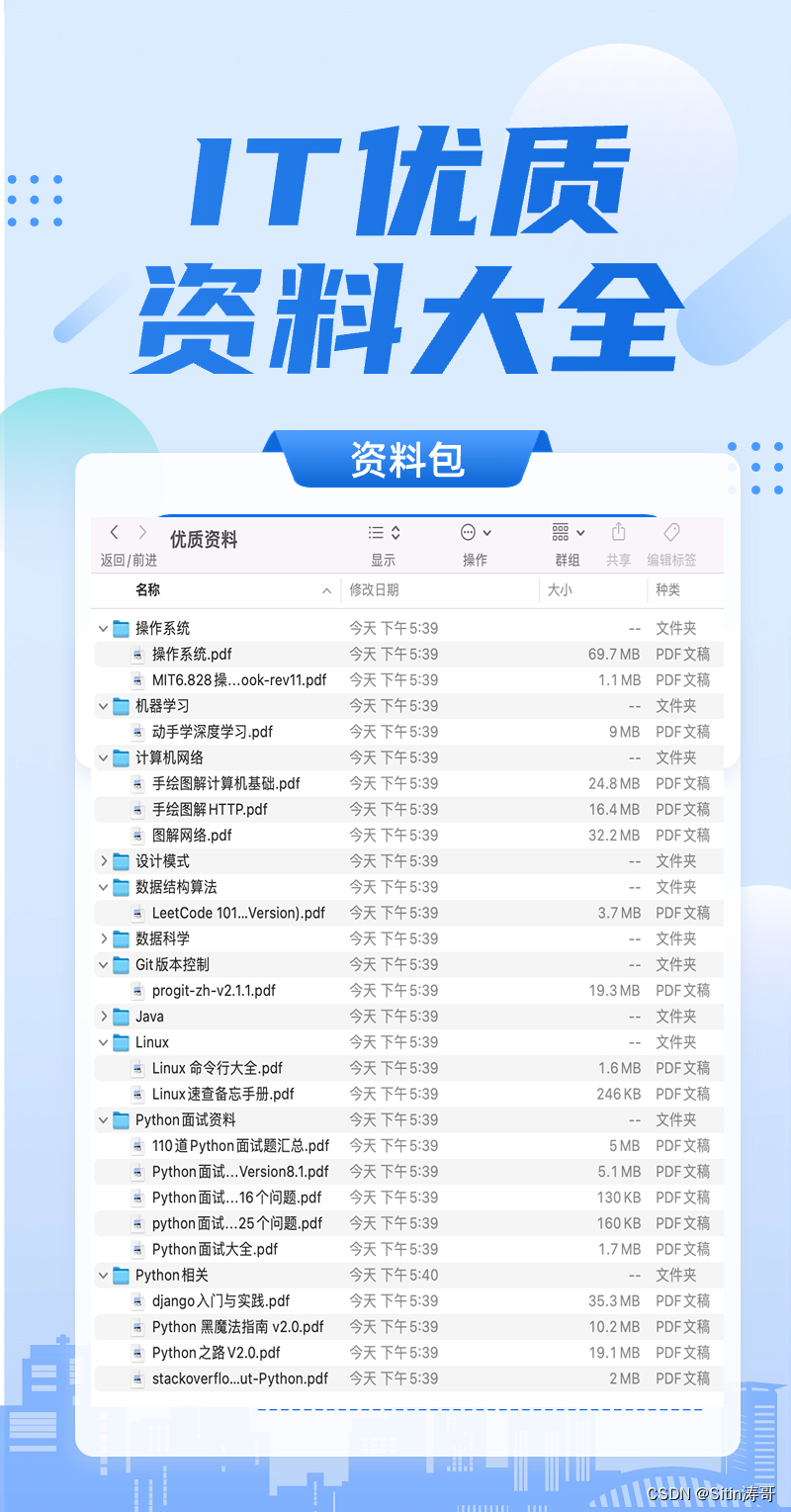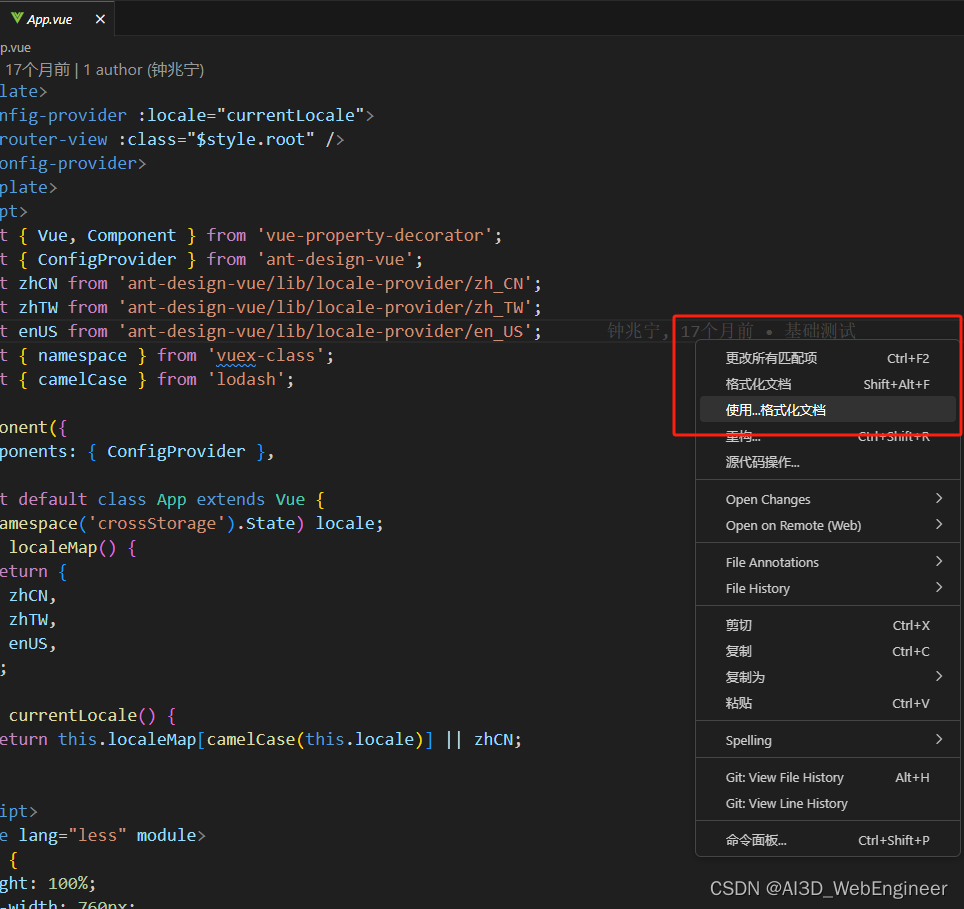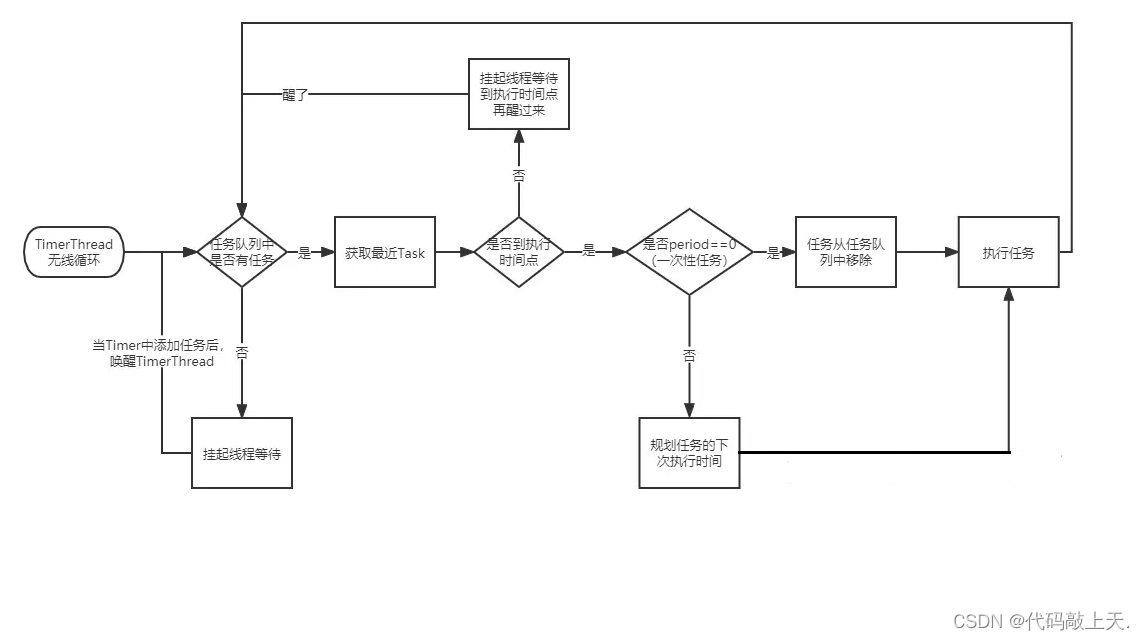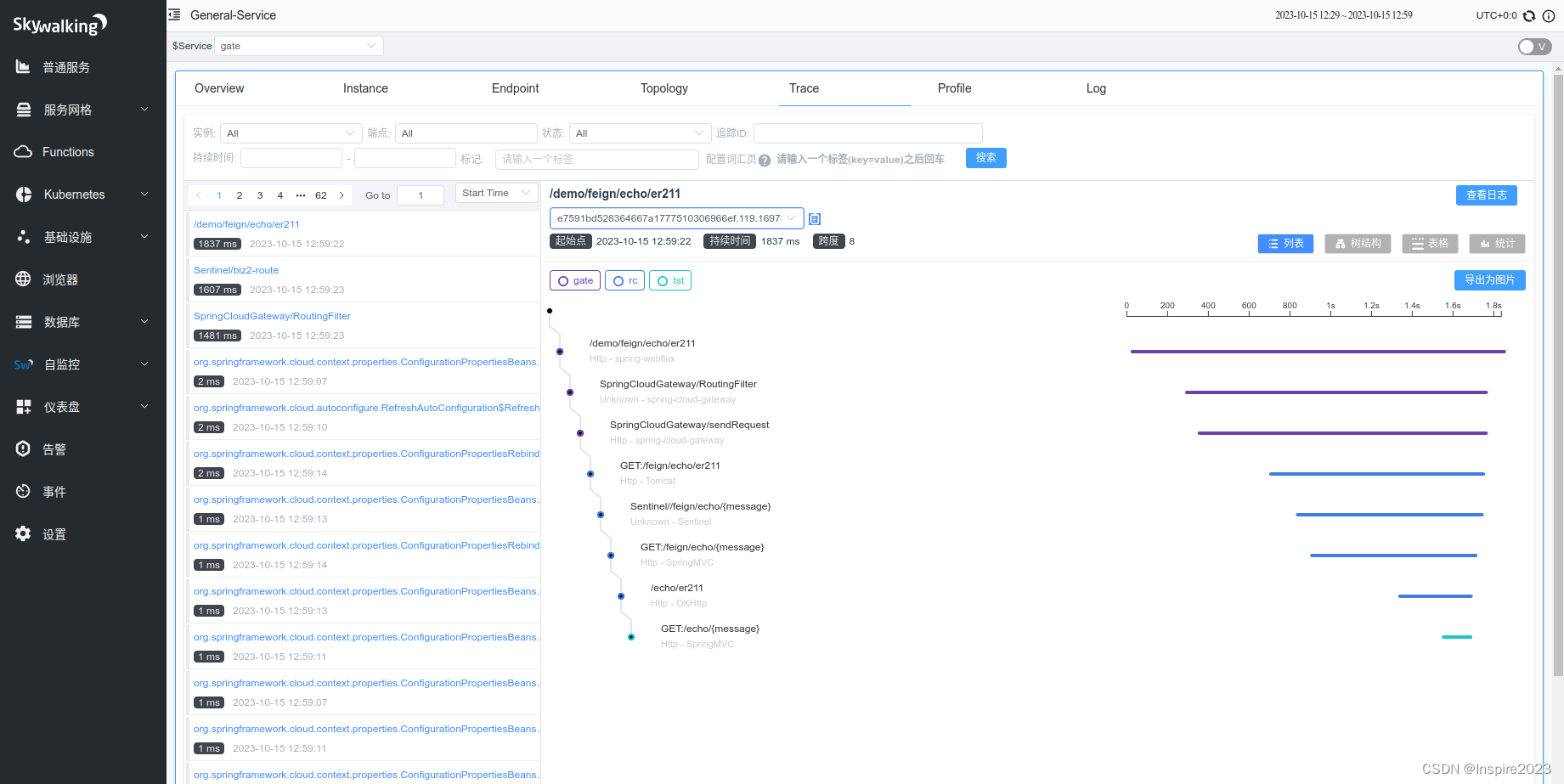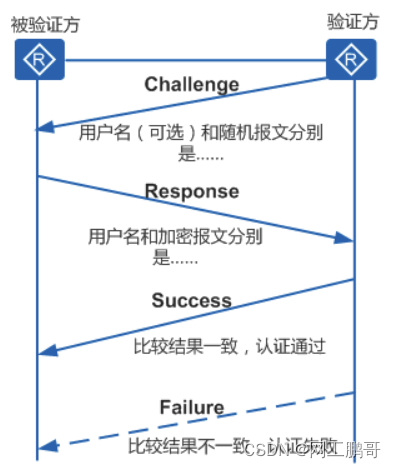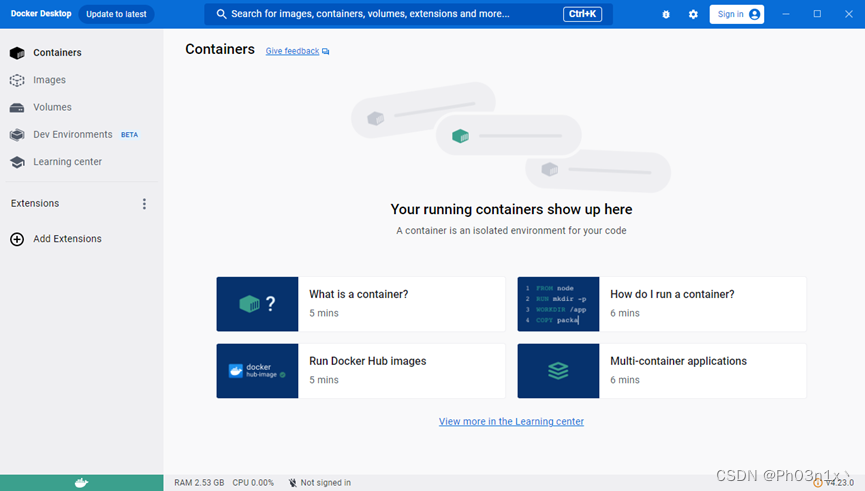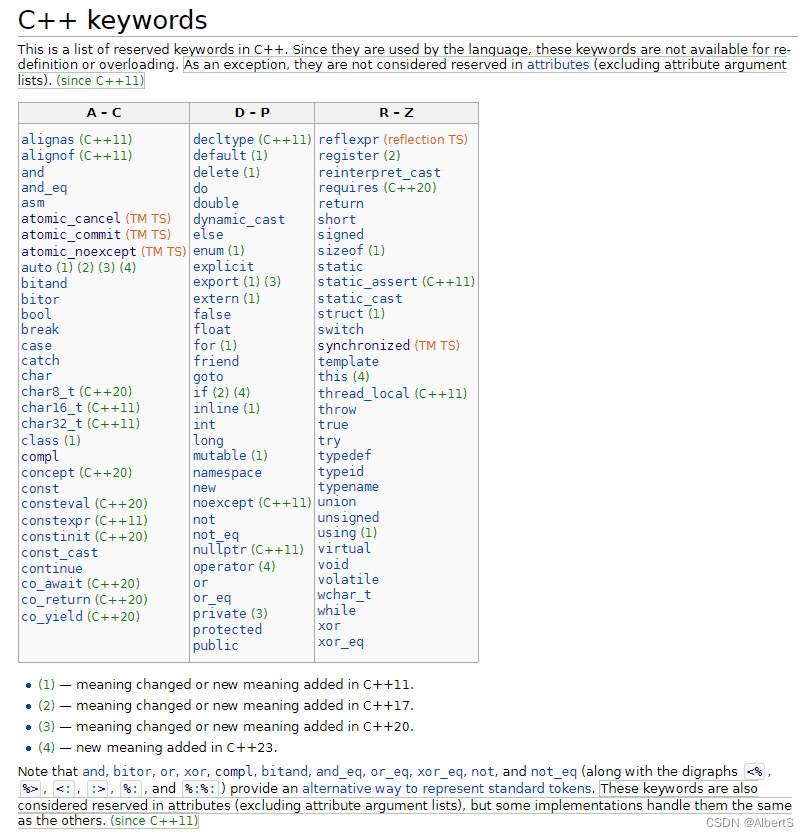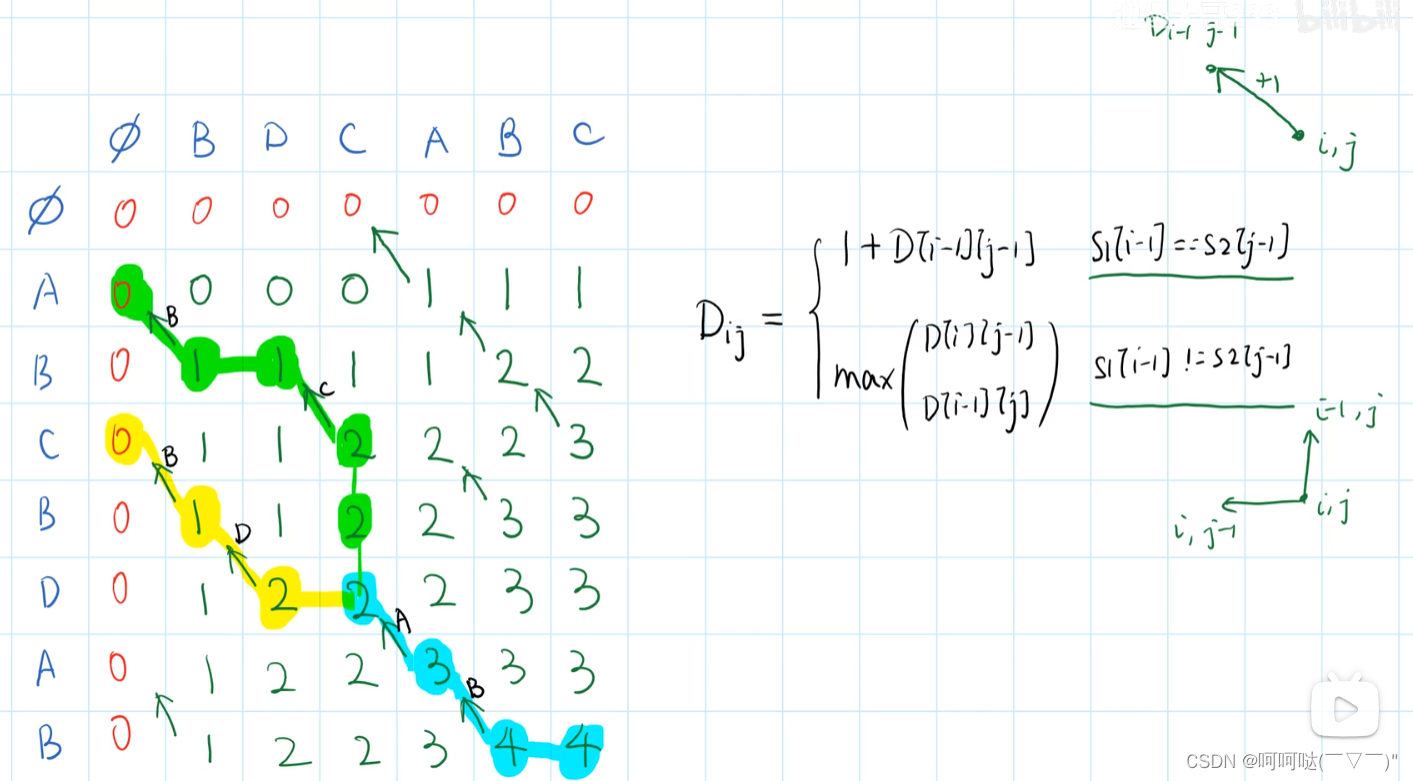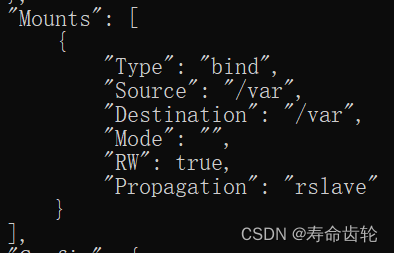1 概述
Kor 是一个找到未使用 Kubernetes 资源的工具。目前,Kor 能够识别并列出以下未使用的资源:
-
ConfigMap
-
Secret
-
Service
-
ServiceAccount
-
Deployment
-
StatefulSet
-
Role
-
HPA
-
PVC
-
Ingresse
-
PDB
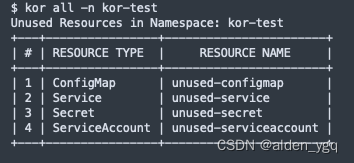
2 安装部署
安装方法
从发布页面下载对应你操作系统的二进制文件,并添加到系统路径中。
自制
对于 macOS 用户,可以通过自制来安装 Kor:
brew install kor从源码编译
将二进制文件安装到你的 $GOBIN 或 $GOPATH/bin 目录:
go install github.com/yonahd/kor@latestDocker
运行已经挂载了你的 kubeconfig 的容器:
docker run --rm -i yonahdissen/kor
docker run --rm -i -v "/path/to/.kube/config:/root/.kube/config" yonahdissen/kor allHelm
在集群中作为一个定时任务运行:
helm upgrade -i kor \
--namespace kor \
--create-namespace \
./charts/kor更多集群使用详情请查看:
https://github.com/yonahd/kor#in-cluster-usage
3 使用说明
Kor 提供多种子命令来识别和列出未使用的资源,包括:
-
all:列出指定命名空间或所有命名空间内的所有未使用资源。
-
configmap:列出指定命名空间或所有命名空间内未使用的 ConfigMap。
-
secret:列出指定命名空间或所有命名空间内未使用的 Secret。
-
services:列出指定命名空间或所有命名空间内未使用的 Service。
-
serviceaccount:列出指定命名空间或所有命名空间内未使用的 ServiceAccount。
-
deployments:列出指定命名空间或所有命名空间内未使用的 Deployment。
-
statefulsets:列出指定命名空间或所有命名空间内未使用的 StatefulSet。
-
role:列出指定命名空间或所有命名空间内未使用的 Role。
-
hpa:列出指定命名空间或所有命名空间内未使用的 HPA。
-
pvc:列出指定命名空间或所有命名空间内未使用的 PVC。
-
ingress:列出指定命名空间或所有命名空间内未使用的 Ingresse。
-
pdb:列出指定命名空间或所有命名空间内未使用的 PDB。
-
exporter:导出 Prometheus 指标。
Supported Flags
-e, --exclude-namespaces string Namespaces to be excluded, split by comma. Example: --exclude-namespace ns1,ns2,ns3. If --include-namespace is set, --exclude-namespaces will be ignored.
-h, --help help for kor
-n, --include-namespaces string Namespaces to run on, split by comma. Example: --include-namespace ns1,ns2,ns3.
-k, --kubeconfig string Path to kubeconfig file (optional)
--output string Output format (table or json) (default "table")
--slack-auth-token string Slack auth token to send notifications to. --slack-auth-token requires --slack-channel to be set.
--slack-channel string Slack channel to send notifications to. --slack-channel requires --slack-auth-token to be set.
--slack-webhook-url string Slack webhook URL to send notifications to要使用特定子命令,请运行 kor [subcommand] [flags]。
kor all --namespace my-namespace有关每个子命令及其可用标志的更多信息,你可以使用 --help 标志。
kor [subcommand] --help4 支持的资源和限制
| 资源 | 它寻找什么 | 已知的误报 ⚠️ |
|---|---|---|
| ConfigMap | 在以下位置未被使用的 ConfigMaps: 1、Pod 2、容器 3、作为 Volumes 的 ConfigMap 4、作为环境变量的 ConfigMap | 由资源使用但在配置中未明确声明的 ConfigMaps。 例如:动态加载的 Grafana 仪表板、OPA 策略、fluentd 配置。 |
| Secret | 在以下位置未被引用的 Secrets: 1、Pod 2、容器 3、通过 Volumes 使用的 Secret 4、通过环境变量使用的 Secret 5、由 Ingress TLS 使用的 Secret 6、由 ServiceAccounts 使用的 Secret | 未在配置中明确说明的资源使用的 Secret |
| Service | Service 没有端点 | |
| Deployment | Deployment 没有副本 | |
| ServiceAccount | 1、Pod 未引用的 ServiceAccount 2、未被 roleBinding 或 clusterRoleBinding 引用的 ServiceAccount | |
| StatefulSet | StatefulSet 没有副本 | |
| Role | roleBinding 中未使用的 Role | |
| PVC | Pod 未使用 PVC | |
| Ingresse | Ingresse 未指向任何 Service | |
| HPA | 1、未在 Deployment 中使用的 HPA 2、未在 StatefulSet 中使用的 HPA | |
| PDB | 1、未在 Deployment 中使用的 PDB 2、未在 StatefulSet 中使用的 PDB |
5 忽略资源
若资源标记为 “kor/used = true”,即便它们未被使用,Kor 也不会将其纳入检测范围。如果你不想让某些资源被 Kor 检测,可以为它们加上这个标签。
6 引入选项
也可以把 Kor 当作一个 Go 语言库,用来程序化地查找未使用的资源。通过引入 github.com/yonahd/kor/pkg/kor 这个包,能够调用对应的功能来查找未使用的资源。此库还支持一个特性,即通过设置 outputFormat 参数,可以让查询结果以 JSON 格式展示。
import (
"github.com/yonahd/kor/pkg/kor"
)
func main() {
myNamespaces := kor.IncludeExcludeLists{
IncludeListStr: "my-namespace1, my-namespace2",
}
outputFormat := "json" // Set to "json" for JSON output
if outputFormat == "json" {
jsonResponse, err := kor.GetUnusedDeploymentsStructured(myNamespaces, kubeconfig, "json")
if err != nil {
// Handle error
}
// Process the JSON response
// ...
} else {
kor.GetUnusedDeployments(namespace)
}
}7 在集群内使用
若要在集群内部使用这个工具,可以将其设置为一个 CronJob。结果可以发送到 Slack Webhook 作为纯文本(注意,纯文本有 4000 字符的限制),或者推荐的方式是将结果作为文件上传到 Slack 频道。你可以执行以下命令来实现:
# Send to a Slack webhook as raw text
helm upgrade -i kor \
--namespace kor \
--create-namespace \
--set cronJob.slackWebhookUrl=<slack-webhook-url> \
./charts/kor# Send to a Slack channel by uploading a file
helm upgrade -i kor \
--namespace kor \
--create-namespace \
--set cronJob.slackChannel=<slack-channel> \
--set cronJob.slackToken=<slack-token> \
./charts/kor注意:要将其作为文件发送到 Slack,需要设置 slackToken 和 slackChannel 值。
它默认设定在每周一的凌晨 1 点执行。你可以通过调整 cronJob.schedule 的值来改变定时任务的执行计划。
helm upgrade -i kor \
--namespace kor \
--create-namespace \
--set cronJob.slackChannel=<slack-channel> \
--set cronJob.slackToken=<slack-token> \
--set cronJob.schedule="0 1 * * 1" \
./charts/kor

